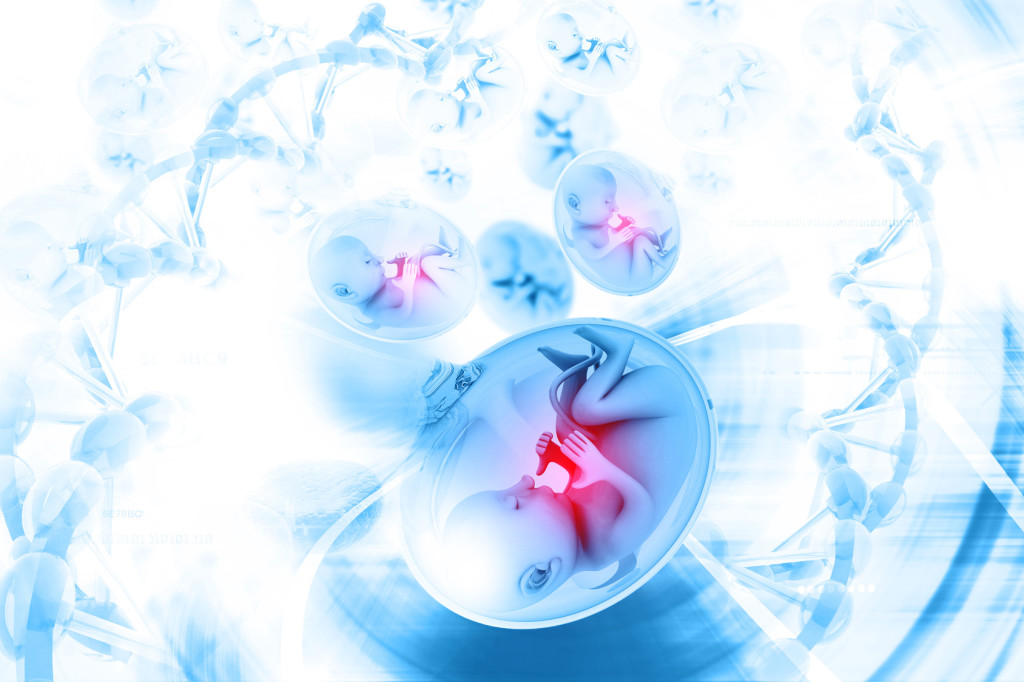ReproCELL Enters iPSC Marketplace by 2009
In 2006, Shinya Yamanaka’s lab at Kyoto University in Japan created the first induced pluripotent stem cells (iPSCs) from mouse cells. By 2007, a series of follow-up experiments had been competed at Kyoto University in which human adult cells were transformed into iPSCs. Nearly simultaneously, a research group led by James Thomson at the University of Wisconsin-Madison accomplished the same feat of deriving iPSC lines from human somatic cells.
Just a couple years later in 2009, a forward-thinking company, ReproCELL, entered the iPSC marketplace. At that time, the scientific community was just beginning to explore the cell type, including how to derive, maintain, and differentiate iPSCs.
Established in 2003 as a venture company originating from the University of Tokyo and Kyoto University, ReproCELL was the first company to make induced pluripotent stem cell (iPSC) products commercially available with the launch of its human iPSC-derived cardiomyocytes, which it called “ReproCario.” Other stem cell derived cardiomyocytes are now available commercially from Cellular Dynamics International, GE Healthcare, Cellectis, and others.
ReproCELL’s Commercialization of Induced Pluripotent Stem Cell (iPSC) Products
ReproCELL’s innovation in the area of iPSC commercialization has been driven in part by joint research relationships it established in 2003 with Tokyo University and in 2004 with Kyoto University, the eventual site of iPSC discovery in 2006. Since 2009, ReproCELL has expanded its line of iPSC reagents and iPSC-derived cell lines to include heart, liver, and nerve cells.
The company primarily sells these products as research tools, although they also have the potential for use in toxicology and drug discovery applications. Currently, ReproCELL offers the following iPSC products:
- Research reagents optimized for human iPSC culture
- Human iPSC-derived cardiomyocytes, which launched in April of 2009 (the first iPSC product to be sold commercially)
- Human iPSC-derived neurons, launched in October of 2010
- Human iPSC-derived hepatocytes, launched in May of 2012
- Disease model cell generation using human iPS cell technologies
ReproCELL Expands Through Strategic Acquisitions
To date, ReproCELL has furthered its dominance in the area of iPSC products through a series of strategic acquisitions, including acquisition of Reinnervate, BioServe Biotechnologies, and Stemgent, and all occurring in 2014. Over time, ReproCELL has acquired a growing selection of smaller companies, making strategic acquisitions one of its primary techniques for marketplace dominance and company growth.
Most recently, on November 24, 2015, ReproCELL announced that it would be expanding its drug discovery services through its acquisition of the firm Biopta. Based in Glasgow, UK, and Maryland, USA, the Biopta Group describes itself as “providing contract research services to the pharmaceutical industry since 2002 and has established itself as the world leader in the use of fresh functional human tissues to better predict drug activity prior to clinical trials.”
Click here to read the full press release about the event, titled “ReproCELL Acquires Biopta to Expand its Drug Discovery Services.”
To learn more about emerging trends and opportunities within stem cell markets, view our global strategic reports for the stem cell and cord blood industry.






















